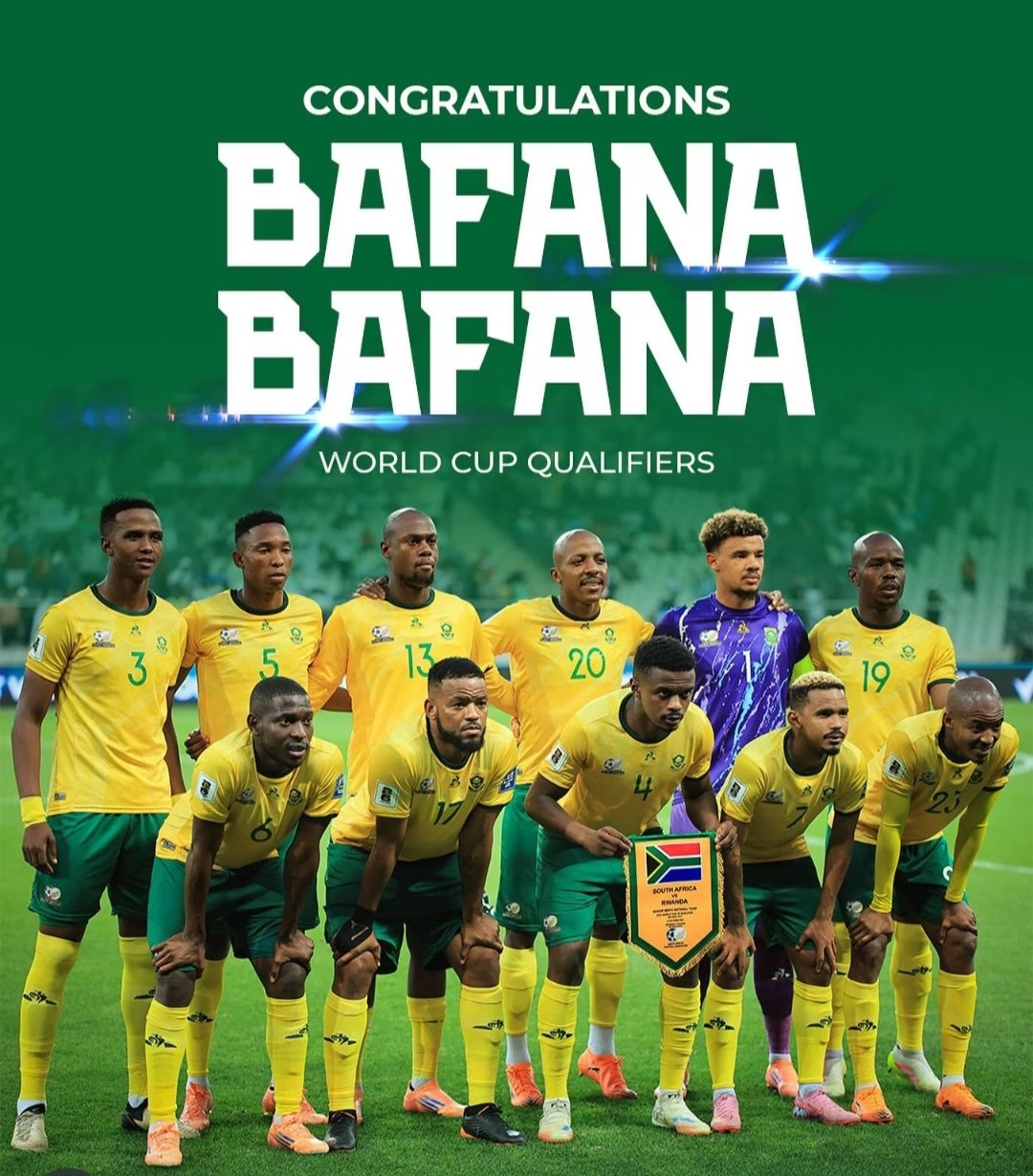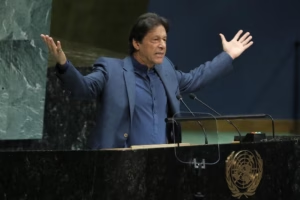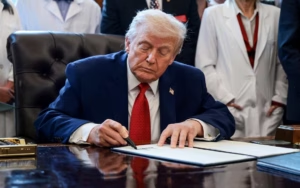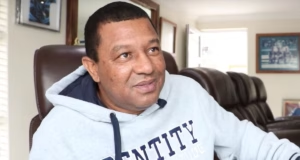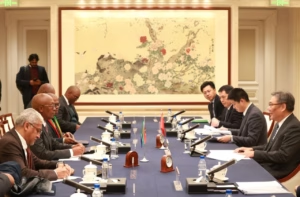The echoes of doubt that once surrounded Bafana Bafana have finally been silenced. Head coach Hugo Broos has declared that his side has “definitively silenced their critics, both locally and internationally,” after securing qualification for the 2026 Fifa World Cup.
Their 3–0 triumph over Rwanda at Mbombela Stadium on Tuesday evening sealed South Africa’s return to football’s grandest stage, which will be co-hosted by the United States, Canada, and Mexico. The victory propelled the national team to the summit of Group C, one point clear of continental powerhouse Nigeria.
From Doubt To Determination
The journey to qualification was neither smooth nor certain. Early on, few believed in Broos’s vision for Bafana Bafana.
At the start of his tenure, Broos faced the monumental challenge of rebuilding a fractured squad while confronting an often sceptical local media.
A Campaign Shaped By Fortunes And Frustrations
South Africa’s qualification campaign teetered on the brink in its final weeks. The team’s hopes were jeopardised by a tense series of events, including a costly three-point deduction by Fifa for fielding an ineligible player, Teboho Mokoena, and a frustrating draw against Zimbabwe in the penultimate round.
Yet fate, in an ironic twist, favoured Broos and his men. Their long-time rivals, Nigeria, delivered a decisive 4–0 victory over group leaders Benin, a result that dislodged Benin from first place and paved the way for South Africa’s automatic qualification.
This unlikely favour from their traditional foes was not lost on the South African camp, as it symbolised the unpredictable and often dramatic nature of World Cup qualification on the continent.
Rewriting The Selection Rulebook
Long before qualification became a possibility, Broos was a man under siege. The silver-haired Belgian faced “scores of criticism” for overhauling South Africa’s entrenched selection traditions. His approach challenged a decades-old bias that routinely prioritised players from the so-called “big three” — Mamelodi Sundowns, Orlando Pirates, and Kaizer Chiefs — irrespective of their form or fitness.
Instead, Broos placed his trust in emerging talent, choosing players on performance and mentality rather than pedigree. The decision, once controversial, is now seen as the cornerstone of Bafana Bafana’s revival.
A Return Twenty-Three Years In The Making
With this qualification, Broos achieved what no South African coach has managed in 23 years. The nation last earned its place through qualifiers for the 2002 World Cup, while its 2010 appearance came automatically as tournament hosts. This triumph marks a symbolic return to relevance for South African football on the global stage.
Broos reflected on the long road travelled, fully aware of the significance of the achievement not just for his career but for the footballing identity of the country. He noted that patience, persistence, and a refusal to bow to pressure were key to Bafana Bafana’s success.
Vindication For A Vision
For Broos, this moment represents more than qualification — it is validation. His belief in a new generation of South African footballers has borne fruit, and his confidence in a merit-based team has been vindicated.
The coach’s message is as clear now as it was when he first arrived: faith in the process, not popularity, delivers results. By standing firm in his conviction and focusing on developing a cohesive, motivated team, Broos has steered Bafana Bafana from scepticism to celebration.

